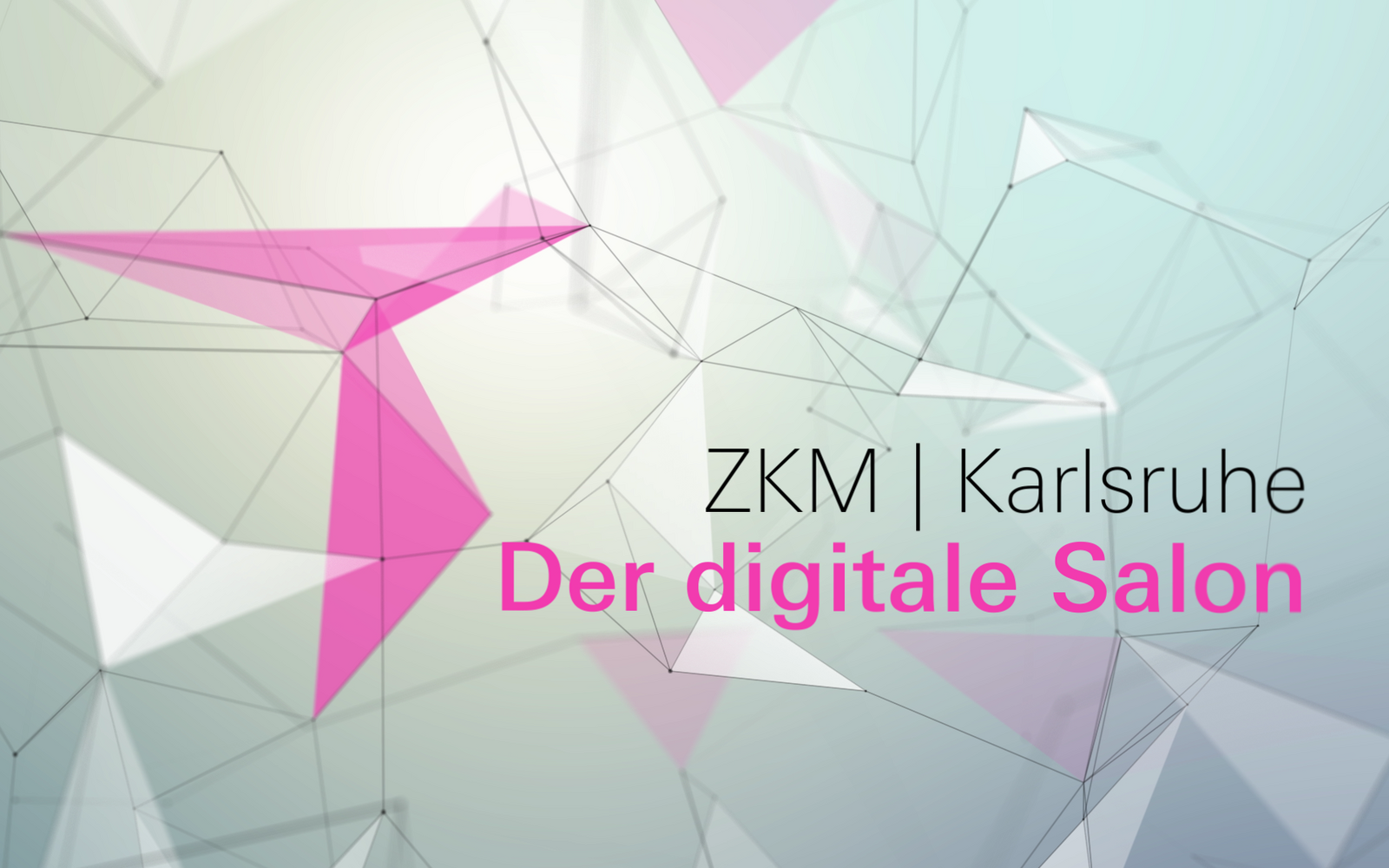Digital Salon
Florian Rötzer in conversation with Raùl Rojas
Fri, June 11, 2021 6:00 pm CEST
- Location
- Online
- Language
- German
With Raùl Rojas we want to talk about how artificial intelligence and autonomous robots will change our working and living environment, where it will become dangerous and how humans can adapt to the new roommates.
How personal will autonomous vehicles, smart homes, care, play or sex robots become? Should limits be placed on development? Will we eventually become slaves to the intelligent beings we create? We are just at the transition from the written culture to the binary culture of algorithms. Will the intellectuals and scholars of written culture, who drove enlightenment, science, and social change, be replaced by the code and algorithm virtuosos of binary culture? In an increasingly digitalized world, reality is more and more determined by codes and algorithms. Those who do not understand them are in danger of becoming the new layer of illiterates.
Guest in the Digital Salon is Prof. Dr. Dr. Raùl Rojas, one of the best-known German scientists for artificial intelligence, robotics and neural networks. He taught and researched at the Institute of Computer Science at the FU Berlin until 2019. Rojas was born in Mexico City and graduated from FU Berlin under Prof. Dr. Ernst Altvater with his research on Karl Marx's Capital (Zur Entstehungsgeschichte der Kritik der Politischen Ökonomie). In parallel, he studied mathematics and computer science and taught Artificial Intelligence since 1994.
Raùl Rojas has become known with the development of autonomous vehicles (Spirit of Berlin) and the development of autonomous robots. His team won first place with the FU Fighters at the RoboCup World Championship in 2005 and 2004, among others. The RoboCup was created with the ambitious goal of defeating the human world champion with a robot team by 2050. Soccer is interesting because embodied robots must perceive and act collectively in a dynamic environment in real time. Rojas has also worked extensively on the history of computers (The Computing Machines of Konrad Zuse, 1998, The First Computers, 2000, Encyclopedia of Computers and Computer History, 2001). Along the way, he has worked on cosmology (Cosmology: Past and Future of the Universe, 2018) and soccer theory (The Depth of Space, 2018), and is currently writing a column in the major Mexican newspaper El Universal about the 100 books that changed the world.
The Digital Salon
-
Read more
In the 18th century, intellectuals met in salons hosted by women to present their ideas, let their wit shine, engage with other intellectuals regardless of the barriers of class and gender, and engage in erudite conviviality. Salons were partly public events in private rooms, to which the »celebrities« acting on stage – from literature, philosophy, natural sciences and politics – were invited together with the audience. The salons of the Enlightenment found their continuation in the format of TV talk shows, with their disputes driven by the media's need for attention.
In the Digital Salon, on the other hand, we want to once again cultivate a quiet culture of conversation that takes its time, has no particular goal, and strolls discursively with the respective guest. Topics include, for example, the role and self-description as intellectuals, the thoughts that are timely, the change in attention and publicity through the digital lifeworld, political visions of the future, and »what needs to be done«.
